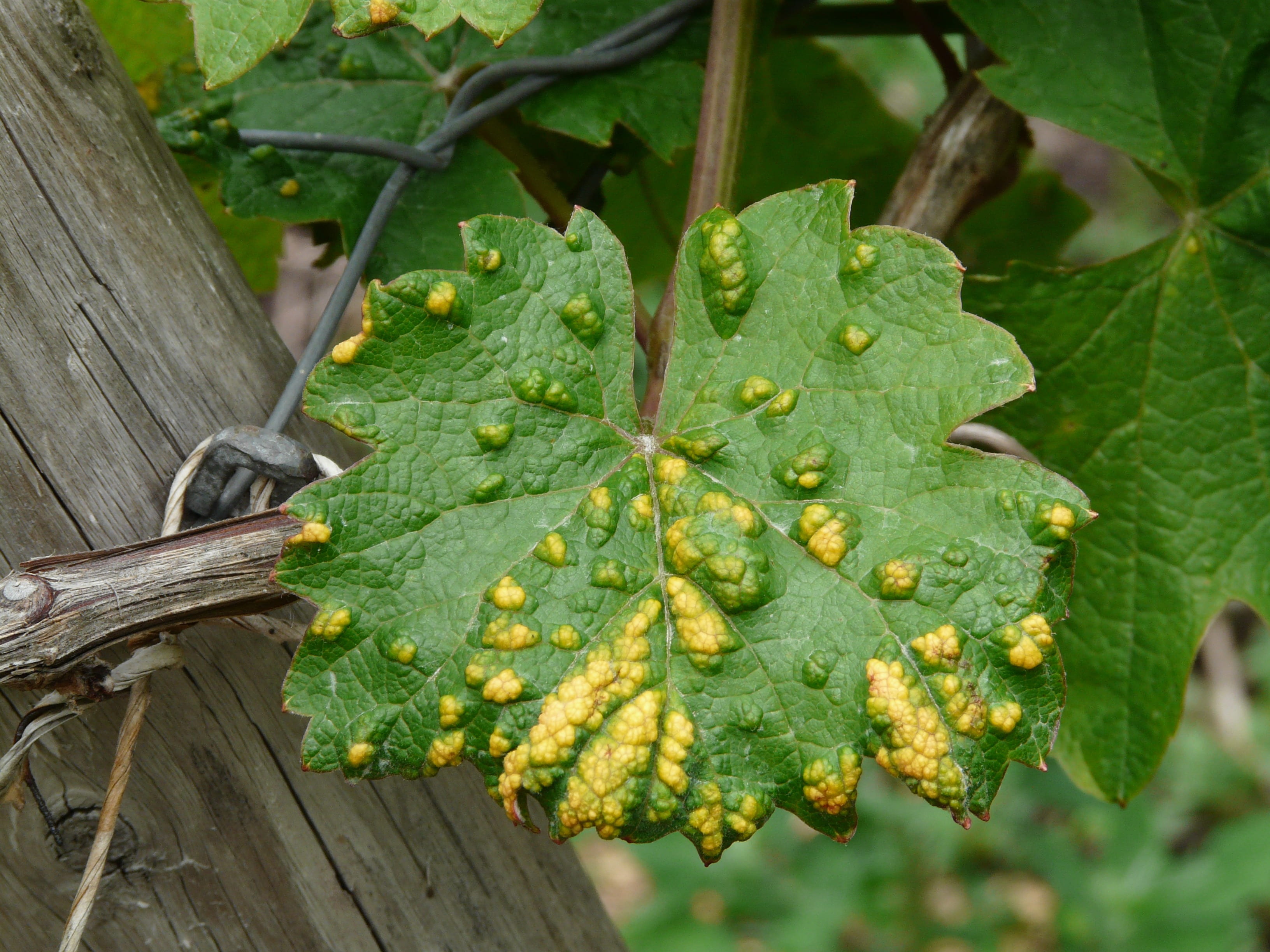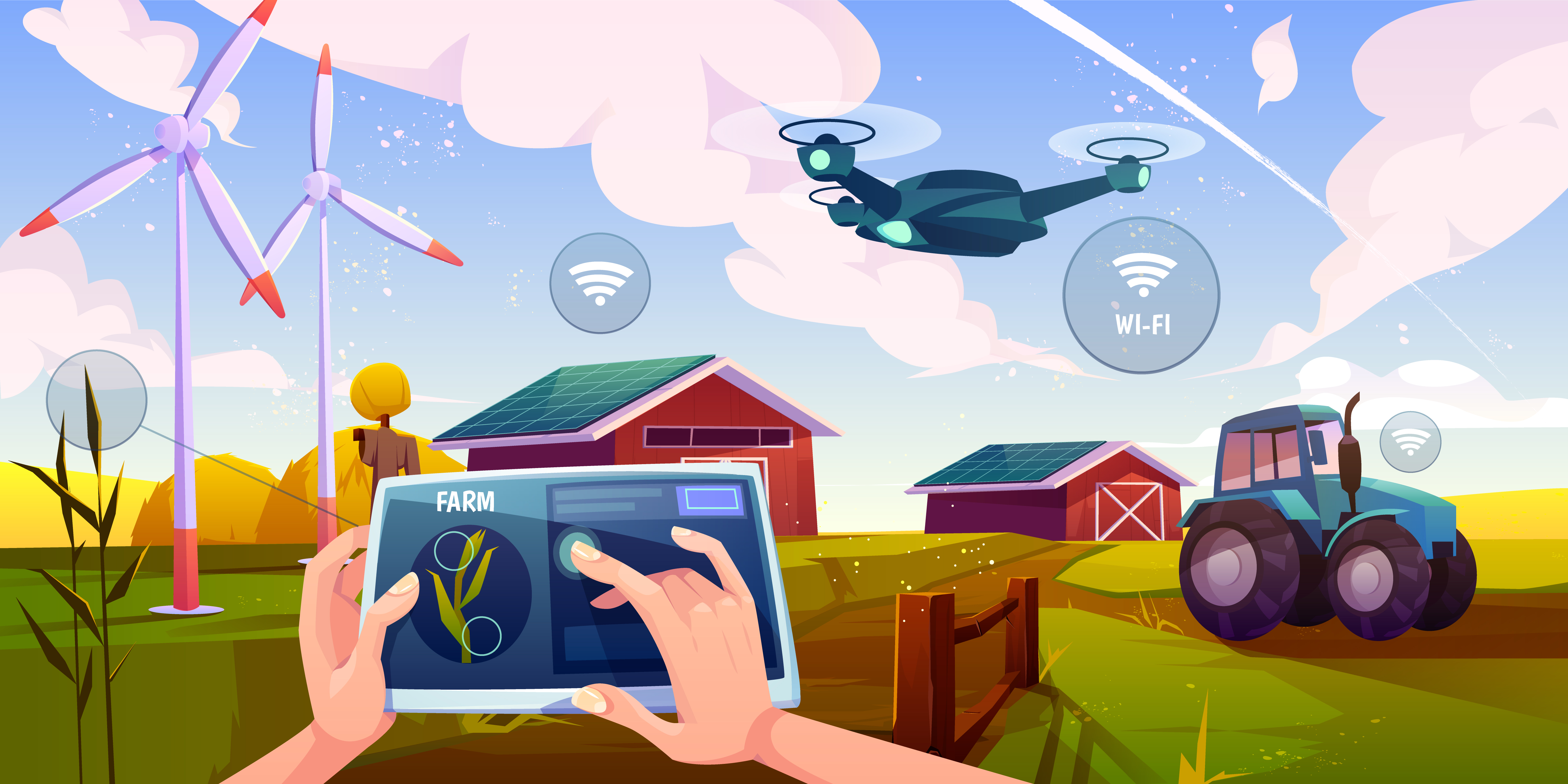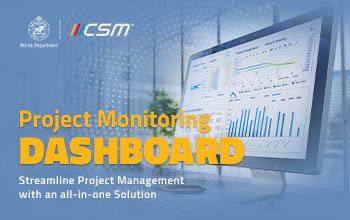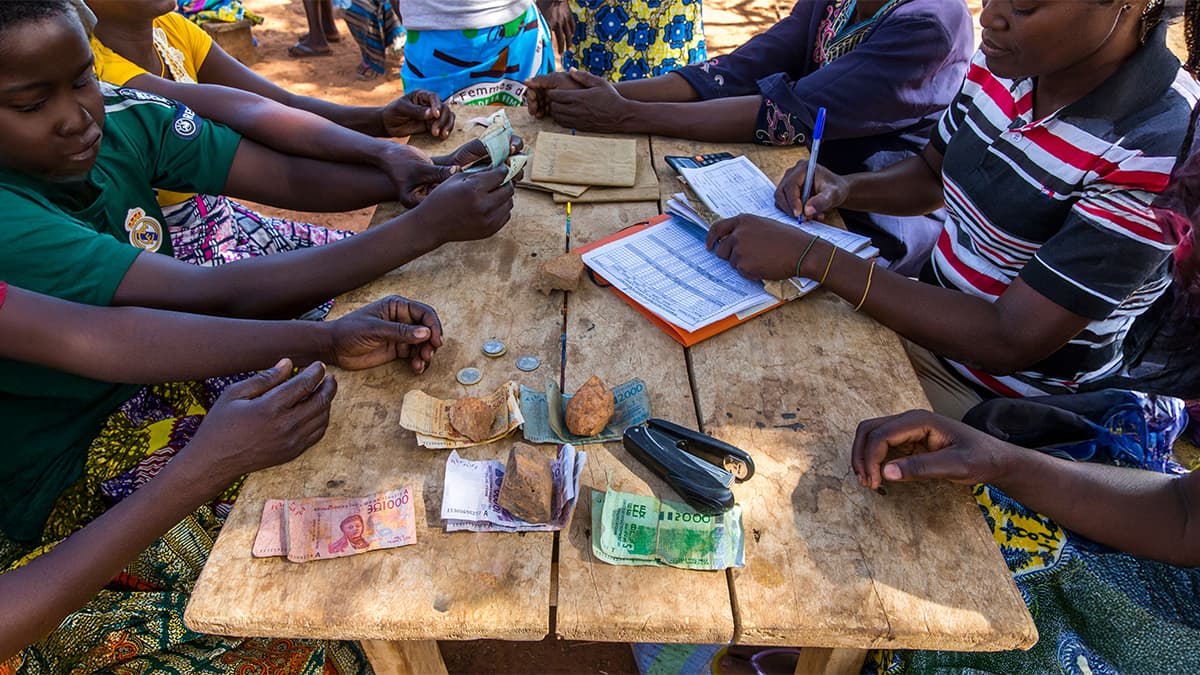When you enjoy a morsel of your coveted food, have you ever thought about the threat it faces before reaching your plate? Around 80 percent of the food we consume is produced by plants. Even so, they are constantly attacked by pests and plagued by diseases, leaving millions without enough food to eat. Our world is experiencing a spike in crop damage caused by pests. So much so that it has reached epidemic proportions. A good example is Wheat Rust disease often referred to as the 'polio of agriculture'. This fungal disease originated in Ethiopia and spread to the Middle East with the threat of movement to other lands.
It is possible for pests to cause colossal damage to standing crops. To illustrate, the loss in Africa across Cassava plant diseases is extrapolated at $1 billion each year. Pests cause the loss of 40 percent of the world's food crops every year. This pest threat also impacts the economy significantly. Plant pest damage costs the agricultural industry a whopping $220 billion in trade losses. Forewarned is forearmed. Early Warning Systems can strengthen our defenses against pests before our people go hungry.

Growing Crop Epidemics and The Need For Timely Action
Pests and pathogens are afflicting crops of all stripes. As per findings published in the journal- Nature, Ecology & Evolution, pests are responsible for reducing output of wheat by 10-28 per cent, rice by 25-41 per cent, maize by 20-41 per cent, potato by 8-21 per cent and soybean by 11-32 per cent. Picture this- one million locusts can devour one ton of food in a day. And, the largest swarm can consume 100,000 tons a day- a quantum enough to feed thousands of people. So, what is causing the pests to multiply and wreak havoc? Climate change and rising temperatures are producing more pests and dispersing them in places not seen before. Moreover, globalization of trade and travel has heightened the risk of pests. Simultaneously, around 80 per cent slump in the count of beneficial insects has worsened the plant health scenario.
These stats are unsettling when nations are making all out efforts to reach universal food security. An estimated nine billion need to be fed by 2050. To achieve this goal, global agricultural production needs to be ramped up by 60 per cent. But food security isn’t all about food production. It’s as much about plant health and making our crops resilient to the predatory pests. For nations, the crucial mandate spelt out by the UN International Year of Plant Health in 2020 is that governments and policy makers will strengthen monitoring and early warning systems to protect plants and plant health. The solution rests on a seamless AgriTech solution. Policy makers can find a viable remedy in an integrated ICT platform that combines field surveillance data with forecasting tools, performs risk assessment and offers recommendations to farmers and monitoring agencies on how they can protect their plants from pests and avoid outbreak of crop epidemics. Ethiopia, an emerging economy in Africa, has been quick to put in place a resilient early warning system.

CSM’s Early Warning System for Wheat Rust in Ethiopia
CSM Technologies has developed an end-to-end system enabling Ethiopia to combat the recurring plant epidemic- Wheat Rust. Our digitalized solution offers a robust defence against pests. The system involves the use of intuitive, simple to use mobile applications by farmers, agriculture extension workers, NGOs and researchers. What are the solution’s capabilities?
- Enables digitization of important farm parameters such as geo-location co-ordinates, cropping pattern & type, time of plantation, and application of inputs such as fertilizers & irrigation
- Takes pictures that illustrate the type and severity of fungal disease that has damaged the plant or the stage of pest larvae at the breeding ground
- Sampling from farms and sending them to laboratories. Any new strain of diseases found in samples can then be traced to the farms from which they originated.
The digitized survey data is also used to construct global forecasting models for wheat rust (CIMMYT) based on the surveyed data. To forecast & analyze the timing and areas of the next outbreak, this international organization merges survey input with a weather forecast system (which looks at wind speed, temperature, and humidity) to develop a forecast model. Using the model insights, the Ministry of Agriculture in Ethiopia issues official advisories. Besides by leveraging the communication platform in the Early Warning System, Ethiopia has also been swift to reach out to local administrators & farmers and advise them on using pesticide usage in early stages.
Ethiopia has shown how designing a seamless early warning system can help future proof the food value chain. And, save the means of sustenance for millions who toil hard to raise crops. Replicating Ethiopia’s success elsewhere can help realize the target of a hunger free world. Our ability to detect early and act with alacrity will help us reach food security.


























































We will verify and publish your comment soon.